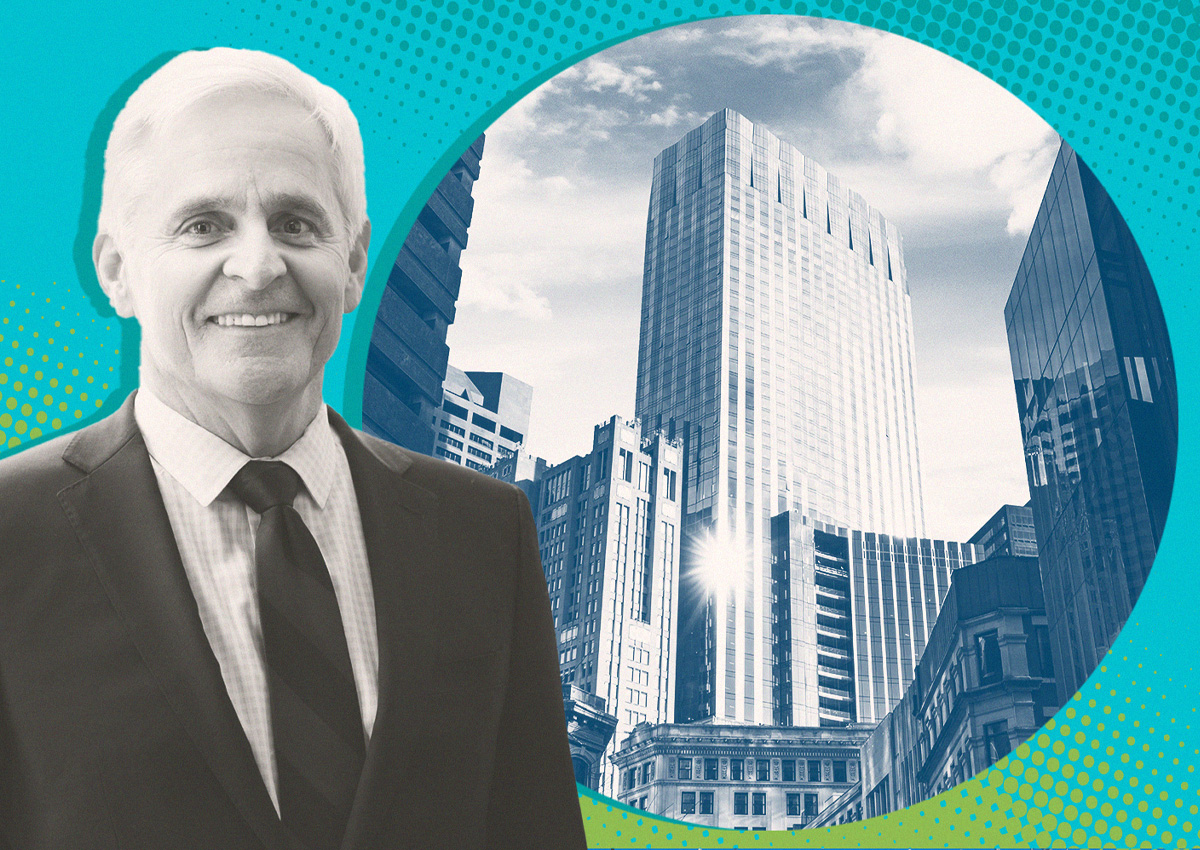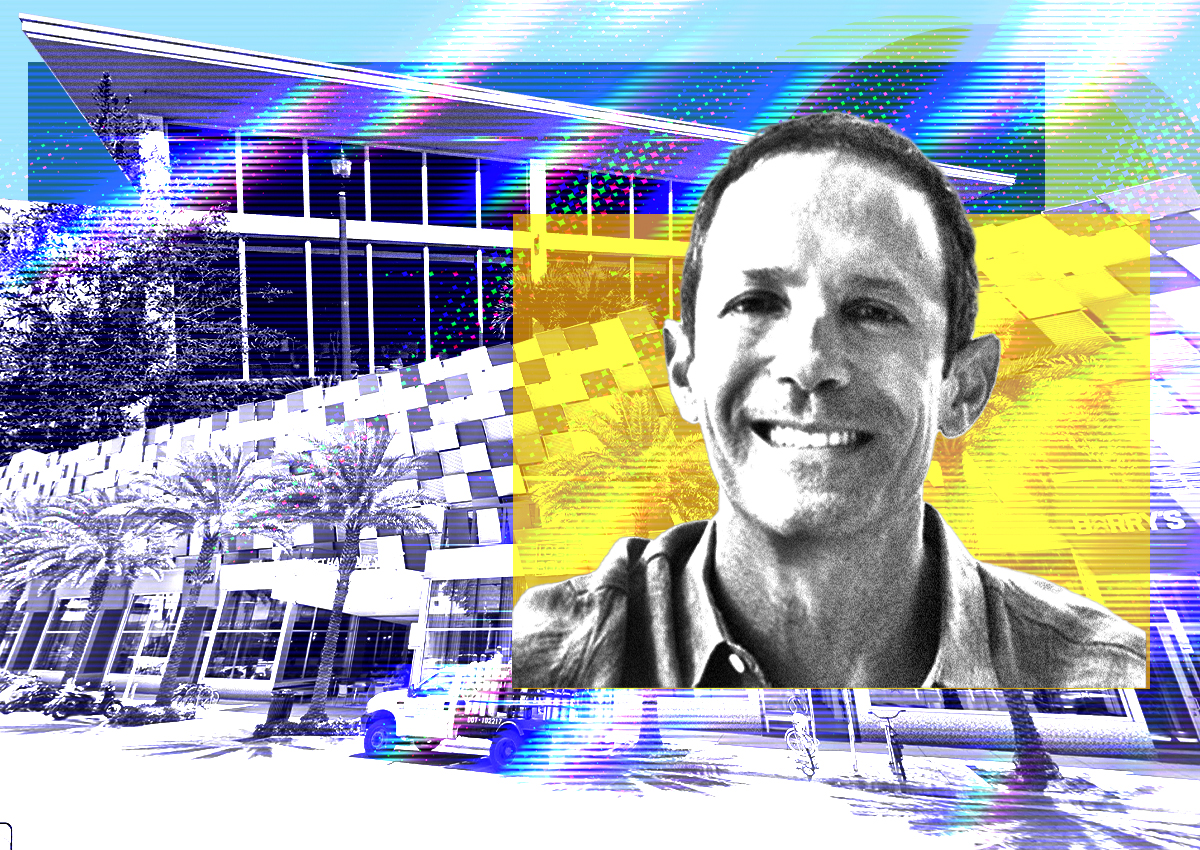
The office market faces challenges, but some big deals are still in the works.
Deloitte has signed a lease with MP Boston, a subsidiary of Millenium Partners, for 138,000 square feet of office space in Boston’s 50-story Winthrop Center.
It is said to be the largest office lease signed in the greater Boston area this year, according to a press release.
The financial services company will move all of its 3,100 employees from 200 Berkeley Street in the Back Bay to a new location at 115 Federal Street near the harbor in the fall of 2024.
Deloitte is the fifth tenant in the Winthrop Center after Cambridge (116,000 sq. ft.); Revenue Research Management (40,000 sq. ft.); McKinsey (95,000 sq. ft.); Presentation, the project also includes ECG management (10,000 sq. ft.).
Larkin said he is in talks with two other potential tenants that would bring the 812,000-square-foot office space to 60% occupancy when they sign leases.
While residents have already moved into the 690-foot building’s 317 apartments, the first commercial tenant, Cambridge, will move in Tuesday, Larkin said.
The energy-efficient building, which broke ground in 2018 and is expected to be certified as the world’s largest passive house office building, features The Connector, a communal meeting and events space between Devon and Commonwealth streets.
“We said to everyone, this is your indoor park,” Larkin said. “It’s going to be very civic. … Sounds noble … but I think that’s what we were doing when we created this project. We know our city and we know our city is open to innovation.”
Amenities also include health and wellness facilities, a games room and a coffee bar, according to the release.
The $1.4 billion building was financed by a $775 million construction loan from London-based Cale Street Investments, Larkin said. The loan is due in the fall, he said.
Larkin said Boston is not immune to the pressures facing the office market — namely, higher interest rates and a mix of jobs.
“Occupancy rates are lower than they were pre-pandemic,” he said, noting the city’s vacancy rate is around 18%.
But the city has some built-in buffers against a full-blown economic downturn. Specifically, the city has a vibrant science, health care, engineering and education sector that requires collaboration and therefore in-person work, Larkin said. While hybrid work is here to stay, people still go to the office about three days a week, he said.
“People are going to work more,” he said. “They’re changing the way spaces are designed, and these spaces are all about collaboration.”







